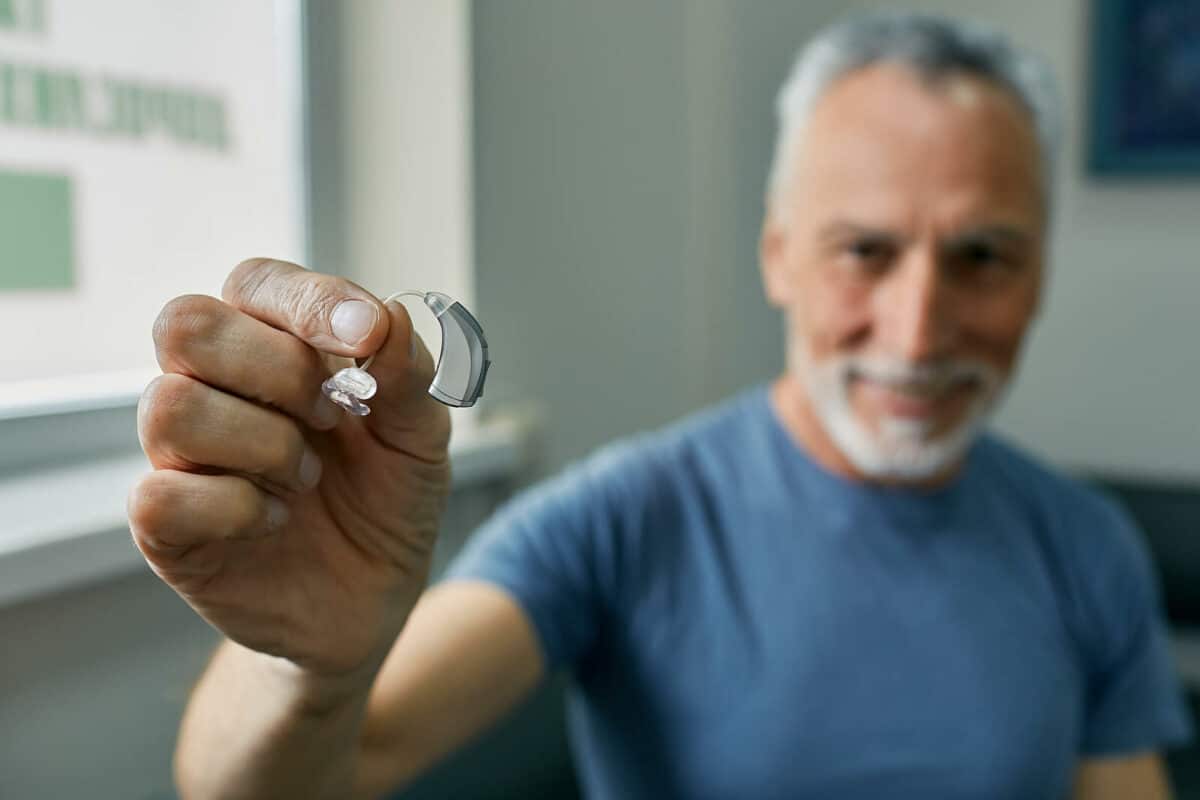Congratulations on your new hearing aids! We know that the transition can be a significant change in your life but don’t worry, we are here to help guide you through the process. We’ve identified some common challenges associated with new hearing aid use and have the solutions to help make your transition seamless.
Educate Yourself about Hearing Aids
To begin your journey to successful hearing aid adaptation, you must educate yourself about these amazing tiny devices. Learning about the different devices that are available, their features, and how they will work for you is a critical first step in setting yourself up for success. Having this knowledge will allow you to make the best, most informed decisions when selecting the right hearing aid for you.
Find a Qualified Audiologist
When it comes to hearing aids, having a professional on your side is invaluable. Begin by seeking out a qualified audiologist who specializes in hearing aids. They will conduct a comprehensive hearing evaluation and be able to recommend the hearing aids that are most suited for your specific needs. When you work with an audiologist you will ensure that you have properly fitted, programmed, and adjusted hearing aids based on your specific hearing loss. The audiologist will be able to guide you through the initial adjustment period and provide you with the necessary support to help fine-tune your hearing experience.
Gradual Acclimatization
When using hearing aids for the first time, it can be an overwhelming experience. You will be exposed to a world of sounds that you may not have heard for a long time. It is recommended that you acclimatize gradually to these sounds again.
To begin, wear your hearing aids for short periods of time in quiet, controlled environments. This will help your brain readjust to processing sounds and gradually adapt to the amplified sounds provided by the hearing aids. When you become more comfortable, you can increase the duration and complexity of sounds.
Communication Strategies
Effective communication plays a vital role in adjusting to your new hearing aids. Here are some strategies to help you navigate conversations with ease:
- Inform Others: Let your family, friends, and colleagues know about your new hearing aids. This will ensure they are aware of your hearing needs and can make the necessary adjustments during conversations.
- Face the Speaker: Position yourself facing the speaker to maximize lip-reading cues and visual cues, which can enhance comprehension.
- Reduce Background Noise: When possible, choose quiet environments for conversations. Minimizing background noise can help you focus on the speaker’s voice.
- Ask for Clarification: Don’t hesitate to ask others to repeat or rephrase their statements if you didn’t catch something. Most people are understanding and willing to accommodate your needs.
- Practice Active Listening: Concentrate on the speaker’s words and non-verbal cues, such as facial expressions and gestures. This active engagement will enhance your understanding and connection with others.
Patience and Persistence
Adjusting to new hearing takes time and patience. Don’t get discouraged if you feel overwhelmed, it is important to persist and give yourself time to adapt. Consistent use is important and will help your brain adjust. By gradually increasing the complexity of sounds in your listening environment, you will gain confidence in your new device.
Be open to adjusting and working through sounds that may seem unnatural or uncomfortable. If you are experiencing any difficulties, be sure to reach out to your audiologist for assistance. They will be able to help you set the best course for an optimal listening experience.
Final Thoughts
Hearing aids are amazing devices. Congratulations on making the choice to improve your hearing. Adjusting to these new devices can be a challenge but it is a transformative journey that comes with a big reward. By educating yourself, those around you, and maintaining a relationship with your audiologist, you will be well on your way to hearing success using these amazing devices.
For more information on hearing aids or to schedule an appointment, please contact us. Our staff of audiologists and hearing health professionals are ready to assist you with all of your hearing health-related needs.

